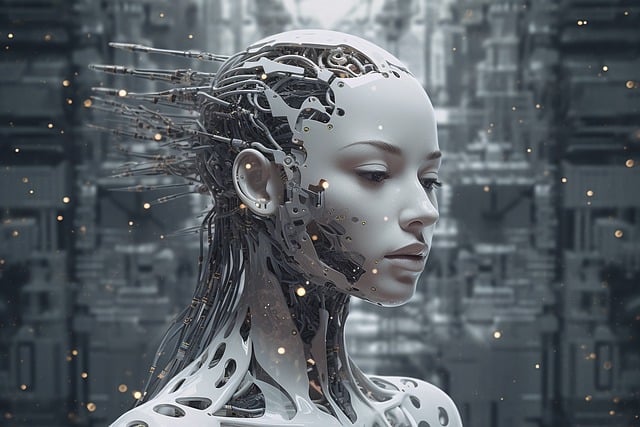AI and the Future of Work: Reimagining Possibilities
The advances in artificial intelligence (AI) technology over the past decade have been nothing short of remarkable. From self-driving cars to automated customer service agents, AI has become an integral part of our lives. As AI technology continues to improve, it is becoming increasingly clear that it will have a major impact on the future of work. In this blog post, we will explore the potential implications of AI on the future of work and how it could be used to reimagine possibilities.
AI technology has already begun to revolutionize the way work is done. Automation and machine learning are being used to automate mundane tasks, freeing up human workers to focus on more complex and rewarding tasks. AI is also being used to improve decision-making processes, allowing for more accurate and efficient decisions. In addition, AI is being used to create more personalized customer experiences, which can lead to increased customer loyalty and satisfaction.
However, the potential of AI to reshape the future of work goes far beyond simple automation and improved decision-making. AI could be used to create entirely new job roles and industries that would not have been possible without it. For example, AI could be used to develop new technologies that enable the automation of complex tasks, such as medical diagnostics or financial analysis. AI could also be used to create new job roles that require a combination of human and machine intelligence, such as AI-assisted customer service agents or AI-powered financial advisors.
The potential of AI to reshape the future of work also extends to the ethical implications of its use. As AI technology becomes more advanced and widespread, it is essential that ethical considerations are taken into account. AI should be used to improve the quality of life for all people, and not to create or sustain any type of discrimination. AI should also be used to protect human rights, such as privacy and freedom of expression.
Finally, AI should be used to create new opportunities for people to use their skills and talents in meaningful ways. AI could be used to provide personalized career advice and job training, allowing people to find the right job for their skillset. AI could also be used to create new job roles that require a combination of human and machine intelligence, such as AI-assisted customer service agents or AI-powered financial advisors.
In conclusion, AI technology has the potential to revolutionize the future of work. By automating mundane tasks, improving decision-making processes, and creating entirely new job roles, AI can be used to reimagine possibilities and create a better future for all. However, it is important to ensure that ethical considerations are taken into account when using AI. By doing this, we can ensure that AI is used to improve the quality of life for all people and create new opportunities for people to use their skills and talents in meaningful ways.

